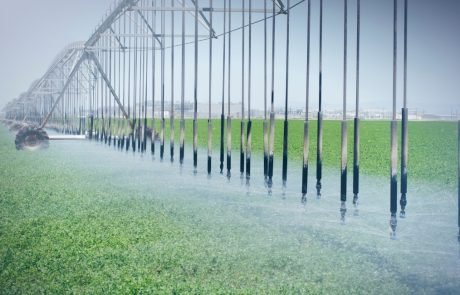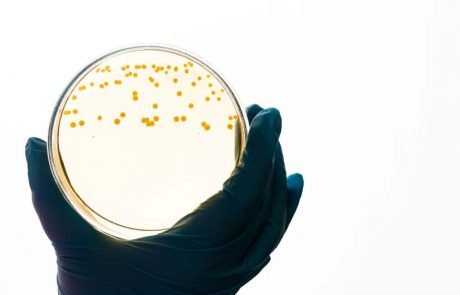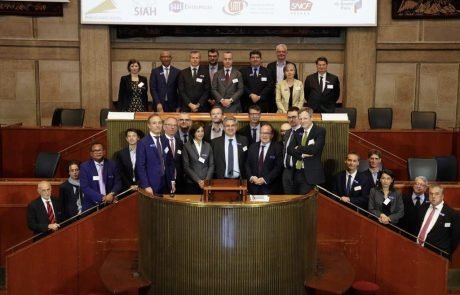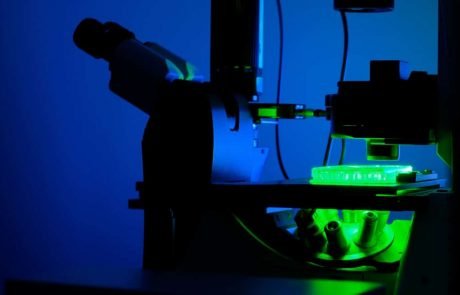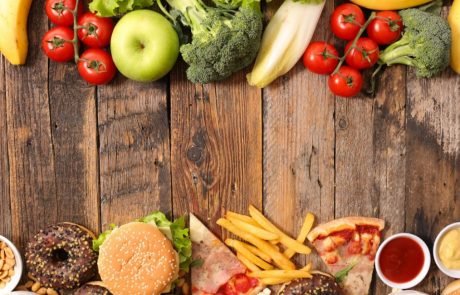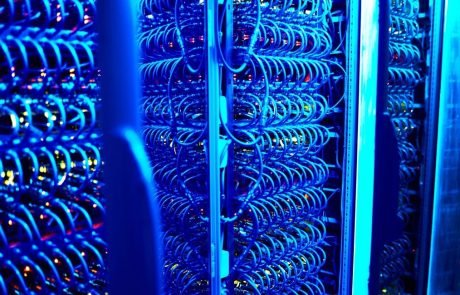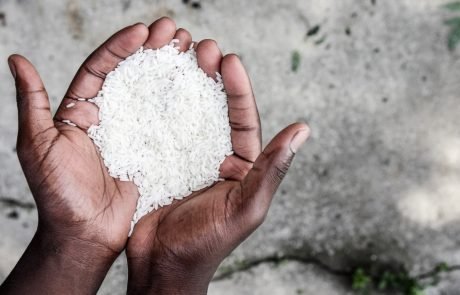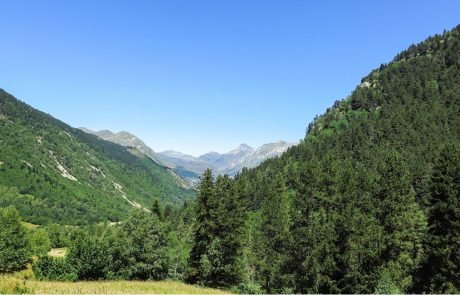A new study published last week in Nature Sustainability suggests that to keep up with growing food demands — expected to double by 2050 — land use will have to
Archive for May 2019
Scientists have successfully produced Escheria coli bacteria in the laboratory entirely made up of synthetic DNA, according to a new study published on 15 May in Nature (1). Synthetic DNA
On Monday 13 May, the European Investment Bank Group met at the Economic and Social Council in Paris in the presence of political figures such as Pierre Moscovici, European Commissioner
Contrary to previous assumptions about stem cell development, a new study published on 16 May in Nature suggests that all cells of the intestinal wall — and not just those
According to a new study published on 16 May in Cell Metabolism, people who ate ultra-processed foods consumed more calories than those on a minimally-processed diet – even though the
2019 European elections: the question of science In the run towards the European elections, the European Scientist will issue a series of interviews of various experts from the UE
To meet the increasing demand for better and superfast computing power, researchers have developed a novel approach that uses light pulses instead of electricity to dramatically boosts computer processing speeds.
Underneath forests lies the wood wide web, a complex network of fungi, and bacteria connected to the roots of plants and trees. This subterranean social network is much older than
Carelessly designed climate change mitigation policies could negatively affect food security placing an additional 160 million people at risk of hunger by 2050, according to a new study published on
As global temperatures increase, trees are growing faster, but forests are storing less carbon because their so-called carbon residence time — the length of time trees stores carbon — may
